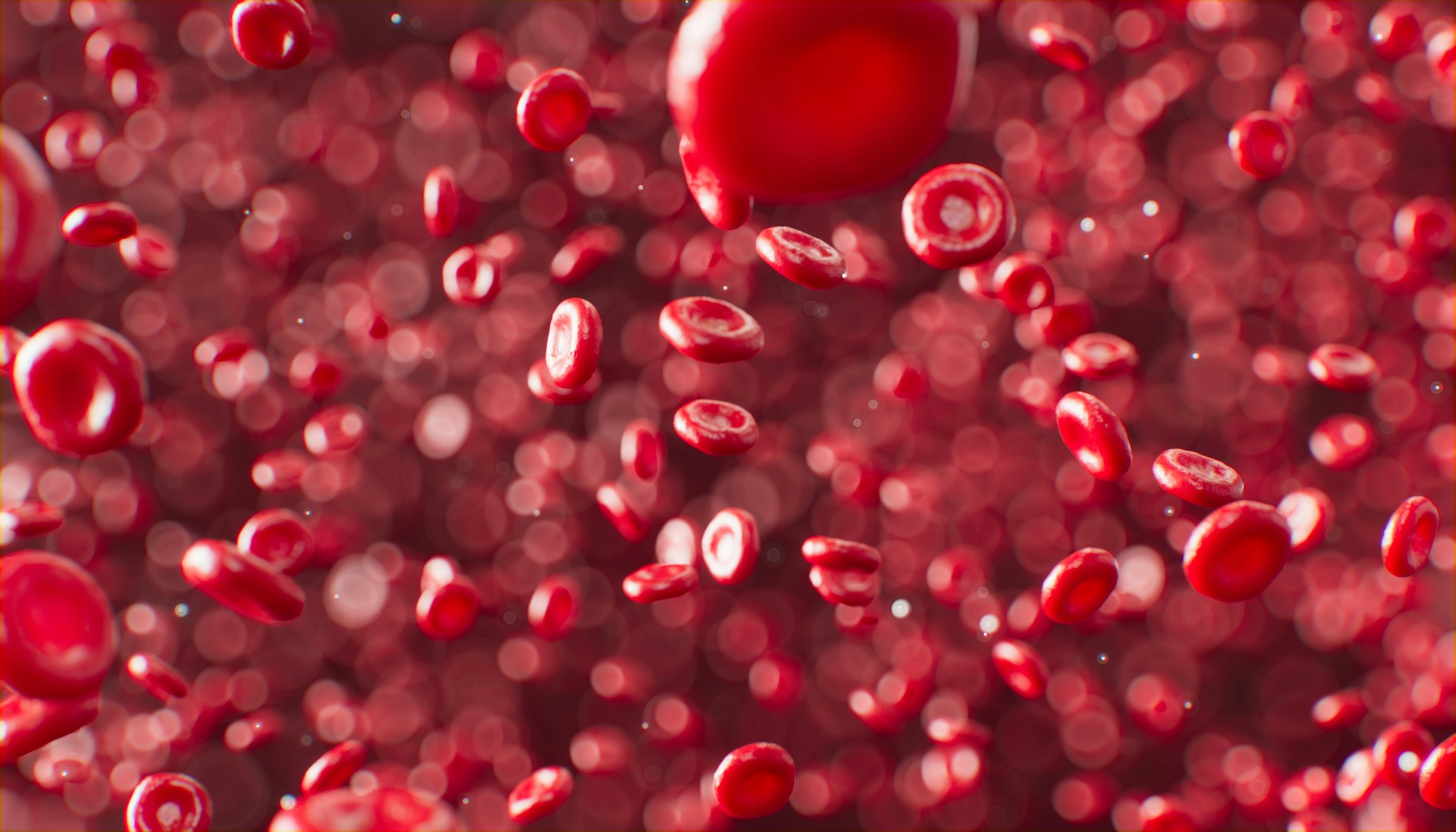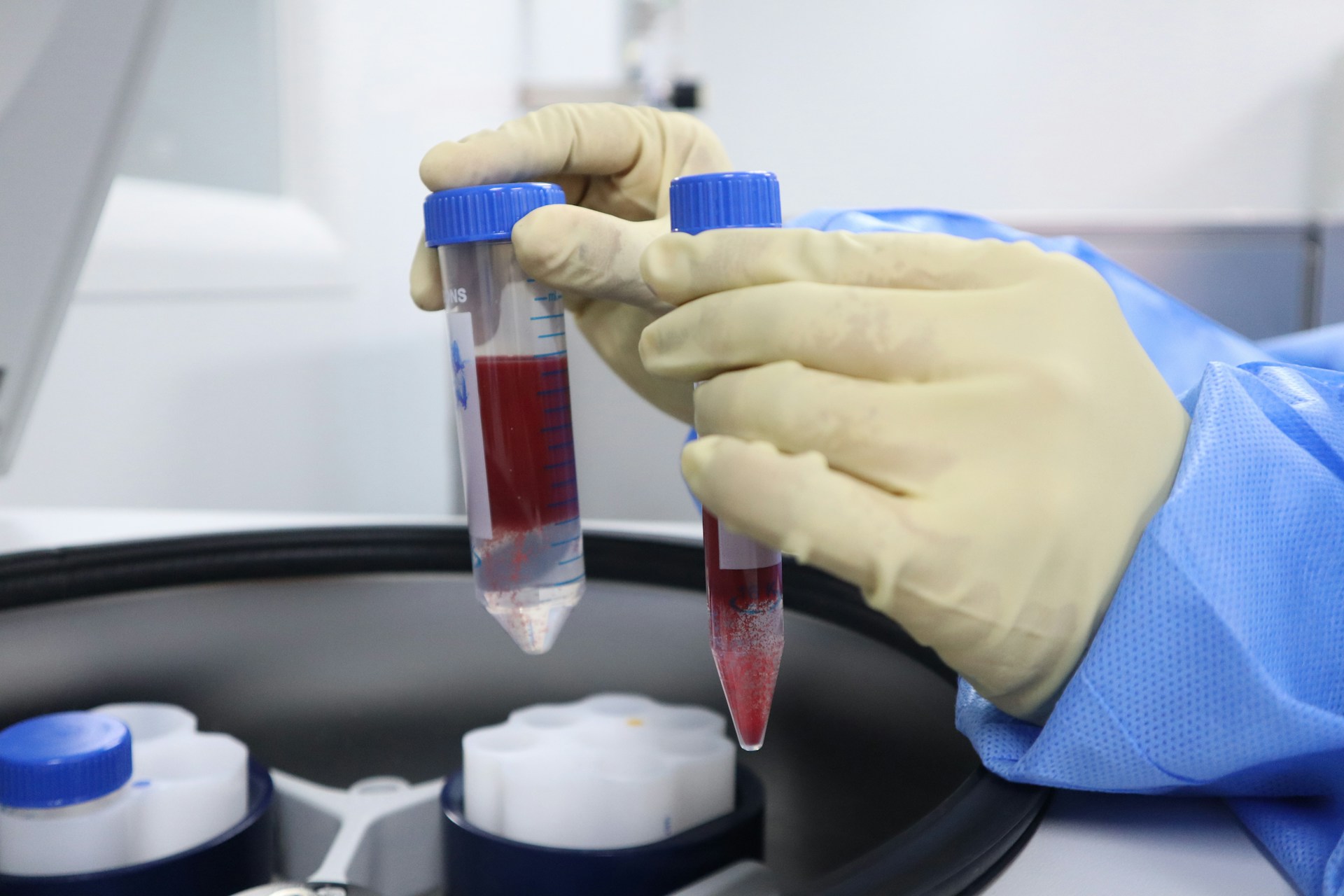Haematology is a medical speciality focused on the study and treatment of blood and blood-related disorders. Haematologists diagnose and manage a range of conditions, including anaemia, leukaemia, lymphoma, haemophilia, and clotting disorders.
Thanks to recent advances in blood disorder treatments, the field has seen innovative breakthroughs that improve patient outcomes and expand clinical capabilities.
If you’re interested in a career at the intersection of internal medicine, pathology, and oncology, haematology offers a challenging and rewarding path.
What Does a Haematologist Do?
A haematologist specialises in diagnosing and treating diseases affecting the blood, bone marrow, and lymphatic systems. Their responsibilities include:
- Interpreting blood tests and bone marrow biopsies
- Managing treatments for blood cancers and genetic disorders
- Overseeing transfusion medicine and blood bank services
- Collaborating with oncologists and pathologists
- Monitoring patients undergoing chemotherapy or stem cell transplantation
Some haematologists focus primarily on clinical care, while others work in diagnostic laboratories or academic settings.
Step 1: Start with a Foundation in Science
Before entering medical school, students typically begin with a pre-university qualification such as a foundation in science. This programme strengthens core knowledge in biology, chemistry, and physics—critical subjects for understanding human physiology and disease processes.
Completing a foundation in science ensures you meet the entry requirements for a recognised medical degree in Malaysia.
Step 2: Pursue a Medical Degree
The next step is obtaining a recognised undergraduate medical degree in Malaysia. This typically spans five years and includes academic coursework, clinical rotations, and hospital-based training.
During medical school, students explore subjects such as:
- Human anatomy and physiology
- Pathology and microbiology
- Clinical medicine and internal medicine
- Diagnostic and laboratory methods
Haematology is often introduced during pathology and internal medicine rotations, offering early exposure to the speciality.
Step 3: Complete Housemanship Training
After earning your medical degree, you’ll undertake a two-year housemanship. This compulsory clinical training involves rotating through various hospital departments, including internal medicine, paediatrics, surgery, and pathology.
Rotations in internal medicine and laboratory medicine help students refine their interest in haematology and gain valuable experience in hospital diagnostics.
Step 4: Apply for Specialisation in Haematology
Upon completing housemanship and obtaining full medical registration, doctors may apply for postgraduate specialist training in haematology. This is typically pursued through:
- A Master of Pathology (Haematology) at a local university
- Membership of the Royal Colleges (e.g. MRCP) with subspecialty training in haematology
Specialist training usually lasts four years and involves advanced knowledge in:
- Diagnostic haematology and laboratory techniques
- Blood malignancies and bone marrow disorders
- Transfusion medicine and stem cell therapy
- Research and case-based learning
Upon successful completion, you will be recognised as a specialist haematologist.

Career Opportunities for Haematologists
Qualified haematologists may work in:
- Government and private hospitals
- Diagnostic laboratories and pathology centres
- Blood transfusion services and stem cell transplant units
- Medical universities and research institutions
- Pharmaceutical and biotech companies
Some also choose to focus on academic research, particularly in the fields of oncology, genetics, and molecular medicine.
Skills Needed to Succeed in Haematology
To thrive in this field, haematologists need:
- Strong analytical and diagnostic skills
- Precision in interpreting test results and lab data
- Clear communication with patients and medical teams
- Empathy when managing long-term illnesses like blood cancer
- Commitment to continuing medical education and research
Final Thoughts on Becoming a Haematologist
Becoming a haematologist requires dedication to clinical care, diagnostics, and continuous learning. With the increasing complexity of blood-related conditions and cancer care, haematologists play a crucial role in multidisciplinary medical teams. Beginning with a strong foundation in science and progressing through a medical degree, aspiring doctors can build the foundation for a highly specialised and impactful career.
FAQs About Becoming a Haematologist
1. How long does it take to become a haematologist in Malaysia?
It usually takes 11–13 years, including pre-university studies, a five-year medical degree, two years of housemanship, and four years of postgraduate specialist training.
2. Do I need a specific degree to become a haematologist?
Yes, you must complete a recognised medical degree followed by accredited specialist training in haematology.
3. Can I specialise in haematology immediately after medical school?
No, you need to complete your housemanship first and obtain full registration before applying for a specialist programme in haematology.
4. Is haematology a high-demand field in Malaysia?
Yes, haematologists are in demand due to the increasing need for blood disorder diagnostics, transfusion services, and cancer care, particularly in tertiary hospitals and research centres.






